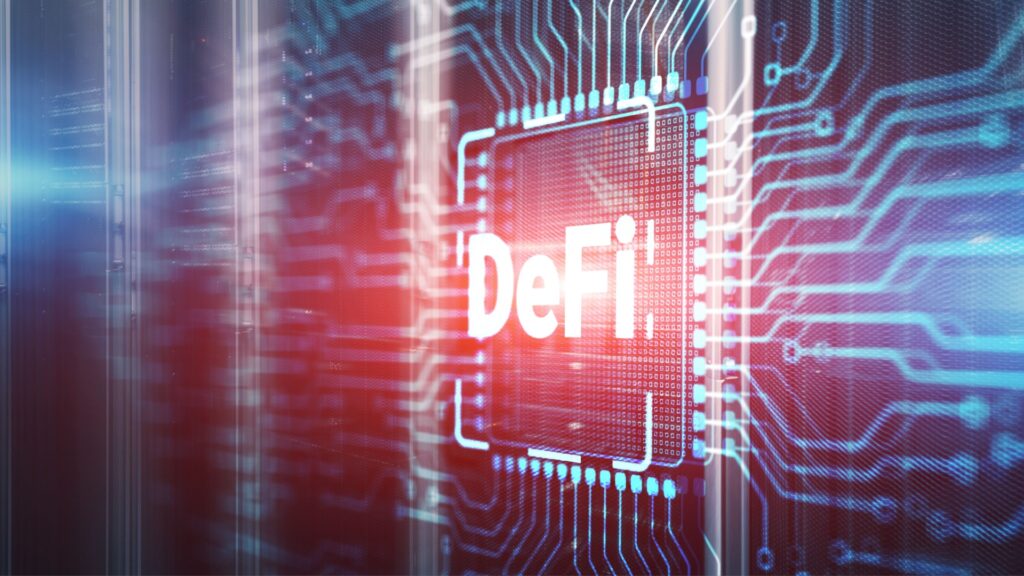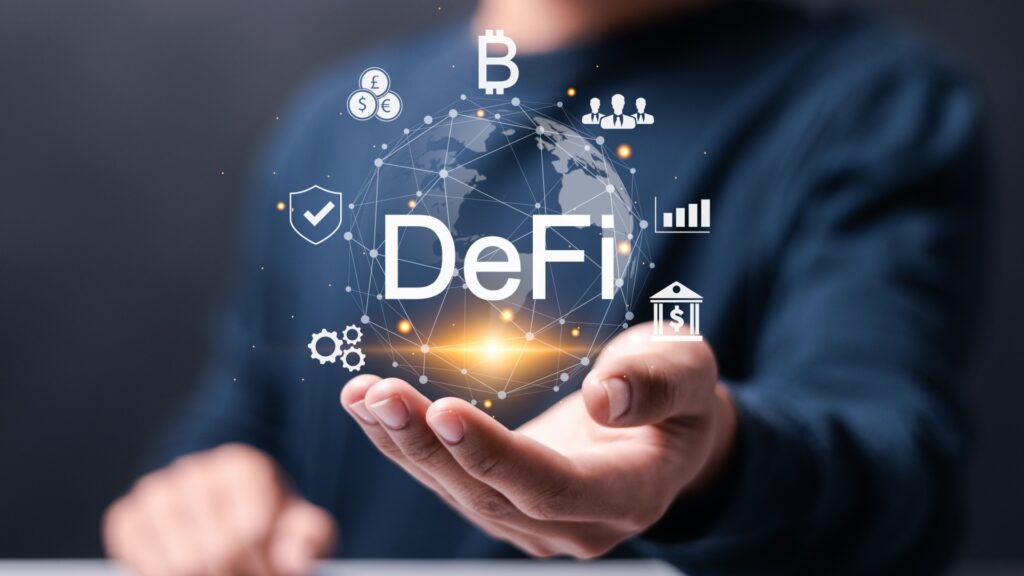Decentralized finance (DeFi) represents one of the most revolutionary concepts in the financial sector in recent years. Using blockchain technology, DeFi aims to make financial services more accessible, transparent, and secure by eliminating the need for intermediaries such as banks and financial institutions. However, despite the vast opportunities DeFi offers, it also comes with significant risks. Let’s take a closer look at what the future holds for decentralized finance.
Three Key Components of DeFi
- Smart contracts are self-executing contracts with predefined conditions written in code. They are automatically executed on the blockchain, ensuring the fulfillment of agreements without the need for intermediaries. This enables secure and transparent agreements between parties.
For example, imagine two people entering into a property sale agreement. A smart contract can automatically transfer ownership of the property once the required payment is made to the seller's account. This minimizes risks and speeds up the process, eliminating the need for notaries and other intermediaries.
- Blockchain is a distributed database that stores transaction records in the form of a chain of blocks. It offers a high level of security and transparency due to its decentralized nature. Every transaction is recorded in a block, which is linked to the previous one, creating an unbroken chain. The benefits of blockchain include its security, transparency, and reliability.
- Decentralized applications (DApps) are applications that run on blockchain and use smart contracts to execute their functions. They allow users to interact with each other and financial tools without the need for a centralized organization.
Examples of DApps:
- Decentralized exchanges (DEX), which allow users to trade cryptocurrency directly with each other, without intermediaries.
- Lending platforms, where users can borrow or lend funds to others with interest.
- Stablecoins — cryptocurrencies tied to traditional currencies, reducing volatility.
Thanks to these technologies, we can manage assets more efficiently, make deals, and participate in financial operations without intermediaries. DeFi offers a wide range of opportunities for innovation and could make the financial system more inclusive and accessible to everyone.
Opportunities of DeFi

DeFi provides access to financial services for people worldwide, including those in regions with limited banking services. Anyone with internet access and a cryptocurrency wallet can participate in DeFi products without additional checks or complicated procedures.
All transactions in DeFi are executed through smart contracts recorded on the blockchain. This ensures a high level of transparency, as all operations can be verified and tracked. Smart contracts also reduce the risk of human error and fraud.
DeFi offers a wide range of financial services, from lending and borrowing to staking and farming. Users can combine various products, creating personalized capital management strategies.
By providing access to cutting-edge financial tools like decentralized exchanges, liquidity platforms, derivatives, and illiquid assets, DeFi creates competitive conditions that could lead to further development of the financial sector.
Risks of DeFi

Despite all the advantages, smart contracts may have vulnerabilities due to coding errors or insufficient verification. Companies developing DeFi products must constantly test and audit their contracts to minimize risks.
As DeFi’s popularity grows, many users are concerned about legal uncertainty. Governments worldwide are still figuring out how to regulate decentralized finance, which could result in sudden regulatory changes or even bans.
Additionally, the cryptocurrencies that serve as a base for many DeFi products are known for their high volatility, posing risks of losses for investors and users, particularly for those using borrowed funds.
Moreover, despite the obvious benefits, many DeFi platforms can be challenging for newcomers due to their complex interfaces and concepts. This can lead to mistakes or misuse of services.
The future of decentralized finance presents both exciting opportunities and serious risks. DeFi has the potential to transform financial services, provide access to billions of people, and create a more equitable financial system. However, users should remain cautious, carefully select products, and always conduct proper research before investing.
Amid these changes, it's crucial to stay informed about DeFi developments and understand the opportunities and risks to use the full potential of decentralized finance while safeguarding your assets. In the world of DeFi, everyone can find their niche, but being mindful of the risks is an essential step toward successful interaction with this new financial reality.